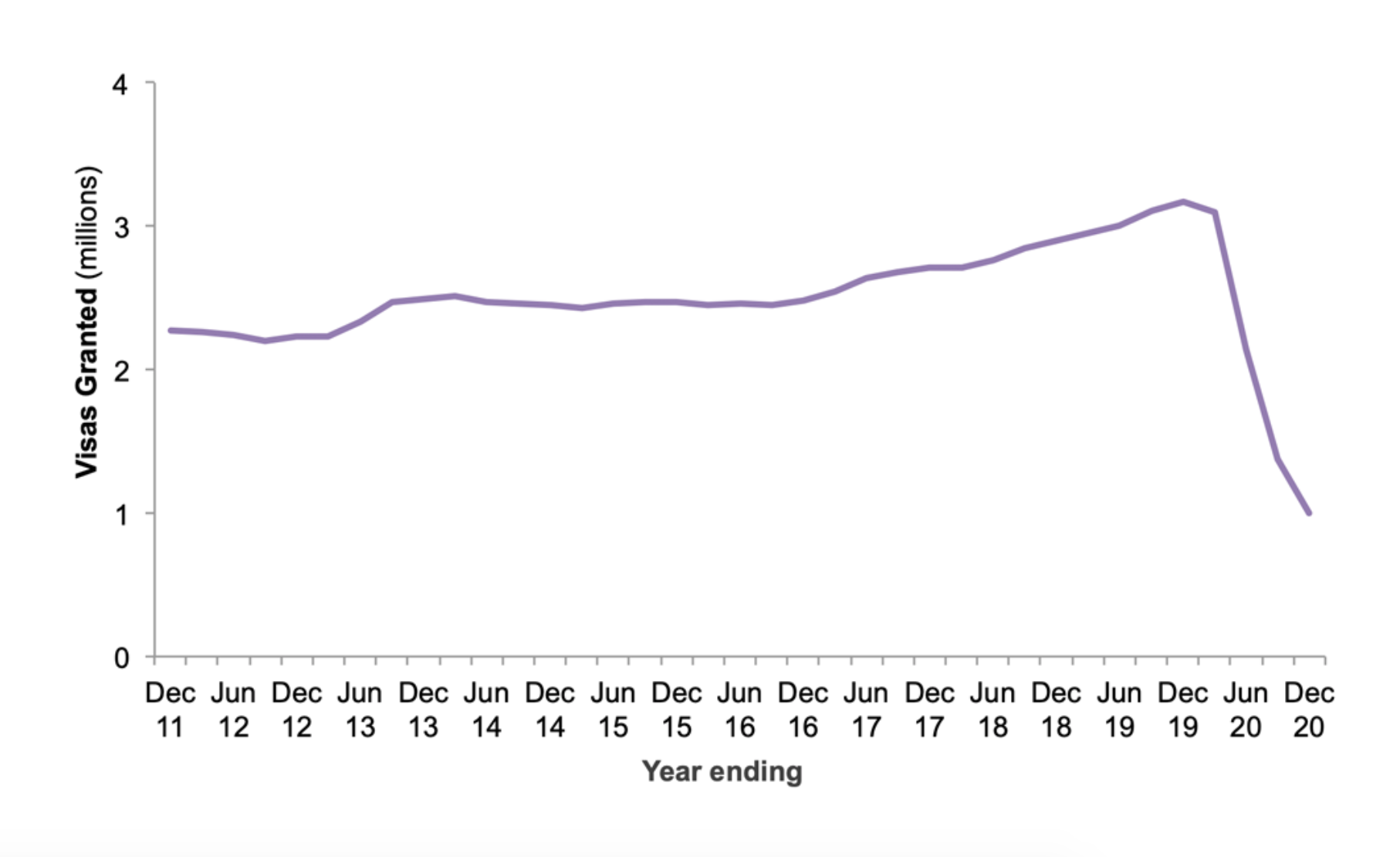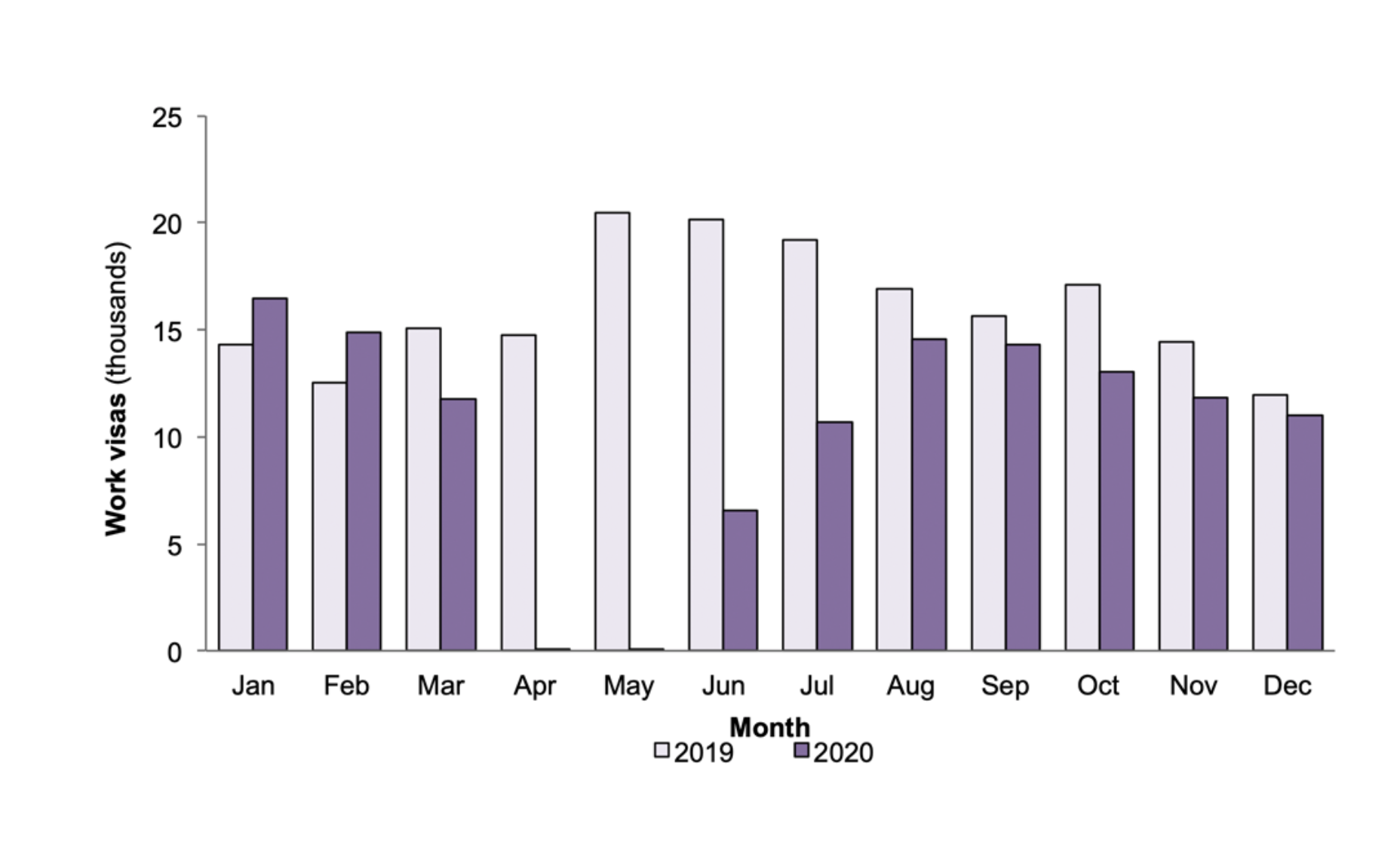Rishi Sunak reveals new immigration paths for UK’s start-ups, scale-ups, tech and fintech sectors

 | vanessa@vanessaganguin.com +44 (0) 20 4551 4787 +44 (0) 7855 817714 |
 | vanessa@vanessaganguin.com +44 (0) 20 4551 4787 +44 (0) 7855 817714 |
3 March 2021
Barely three months into the UK’s new post-Brexit immigration system, the Chancellor of the Exchequer Rishi Sunak has unveiled new UK immigration routes to boost “international competitiveness,” especially for UK’s tech, fintech, science, research, scale-up and start-up sectors.
Addressing the House of Commons to reveal a £65 billion budget to help Britain weather the storms of pandemic and Brexit, the Chancellor also told MPs he wanted Britain to attract the “international talent” necessary to make the country a global hub for innovation.
Rishi Sunak today announced “a new unsponsored points-based visa to attract the best and most promising international talent in science, research and tech, new improved visa processes for scale-ups and entrepreneurs, and radically simplified bureaucracy for high-skilled visa applications.”
This, the Chancellor hoped would reinvigorate the UK’s tech sectors, alongside steps he announced to give the pensions industry “more flexibility to unlock billions of pounds from pension funds into innovative new ventures” via the “Future Fund Breakthrough”.
He also promised more improvements to the Listing rules trailed in the UK Listing Review “to encourage more companies to list here.” The review Sunak launched in November examines how the UK can “enhance its position as an international destination for IPOs and improve the capital-raising process for companies seeking to list in London, whilst maintaining the high standards of corporate governance, shareholder rights and transparency for which London is known.” The review is likely to consider dual class share structures so tech founders can retain a degree of control over innovative, fast-growing companies, among other measures to give the UK the edge over other places to IPO.
The new immigration reforms announced are set to:
- Establish an elite points-based visa by March 2022 with a scale-up stream, offering fast-track visas for migrants with job offers from recognised UK scale-ups
- Reform the Global Talent Visa, including allowing holders of international prizes and winners of scholarships and programmes for early promise to automatically qualify
- Conduct a very welcome review of the Innovator Visa to make it easier for innovators to establish innovative start-ups in the UK
- Create a Global Business Mobility Visa by spring 2022 for overseas businesses to establish a presence or transfer staff to the UK
- Offer some practical support for small firms using the visa system for the first time
- Publish a “roadmap” over the next year to make the immigration sponsor system easier to navigate for firms
- Expand the Global Entrepreneur Programme, marketing the UK’s visa offering and explore building an overseas talent network
All these are sensible moves if we want “global Britain” to be more than just a slogan. Hopefully they will go some way to make up for the potential talent drain from ending freedom of movement with the EU at the same time as the global pandemic.
Last year, the number of EU citizens moving to Britain slumped to 58,000 from a high of more than 200,000 in 2015.

Overshadowing the Chancellor’s announcements, the latest official immigration statistics last week revealed a shocking drop to just under one million visas granted in 2020 – down 69% from the year before.
Work visas fell 35% to just 125,176 in 2020 (including dependants).

UK tech hubs such as London, Oxford and Cambridge are likely to still attract talent from around the world. Many companies in the tech and financial hubs of London’s Silicone Roundabout and city financial district near where we work appear less affected by the pandemic than other sectors of the economy, despite the whole area looking like a ghost town during Covid restrictions.
The immigration measures above to be brought in over the next year are aimed at invigorating the tech, science and fintech sectors. Around 42% of Britain’s 76,500 fintech workers at growing cyber firms such as Monzo, Revolut and OakNorth are migrants, according to recent Department of International Trade figures. Allowing scale-ups in sectors such as the fast-growing fintech sector – which already contributes around £11 billion a year to the British economy – to bring talent from abroad with no need for sponsorship or “third-party endorsement” is aimed to cut red tape and go towards compensating for the loss of free movement from Europe.
This is crucial for a growing sector competing against other European fintech hubs such as Berlin, Amsterdam and Barcelona. The HM Treasury-commissioned Kalifa Review of the sector this week warned that “in order to remain a global leader in fintech, the UK needs to strengthen its position on immigration or risk a significant shortage in human capital.”
Britain’s new points-based post-Brexit immigration system which replaced free movement on 1 January 2021 is designed to attract the “brightest and best from around the world”, according to Home Secretary Priti Patel.
The Skilled Worker Visa replaced the Tier 2 General Visa and with the removal of the Resident Labour Market Test and reduction in salary threshold to £25,600, it will become a more popular route for UK firms hiring skilled workers from around the world.
The points-based system also affords bonus points for those with higher qualifications such as PHDs and those filling positions on the shortage occupation list.
It will be interesting to see how the new “elite” points-based route which does not involve the need for sponsorship will pan out.
Further reforms to make the burgeoning route of Global Talent Visa more accessible is good news too for tech, science, research and academia. Despite the pandemic, the fintech industry alone recorded a 48% increase in Global Talent Visa applications in 2020.
The Home Office has not mentioned the arts sector in any reforms for Global Talent Visas. The requirements are very tight for global talent using this route in sectors such as music, movie, theatre so any relaxation would be a boon for arts sectors that have been hit by the pandemic.
The Innovator Visa has not been fit for purpose since it was introduced in 2019, aimed at “more experienced business people” with £50,000 to invest in an innovative business which could be scaled up fairly rapidly. Challenges such as finding required endorsement by approved bodies and onerous requirements to obtain indefinite leave to remain in the UK have put many off. A review of what could be improved to attract more self-employed and business people to the UK to establish innovative businesses is very welcome.
Hopefully all the above measures will improve on the immigration routes we are left with post-Brexit to create healthy hubs for innovative businesses in the UK as we recover from the worst of the pandemic.